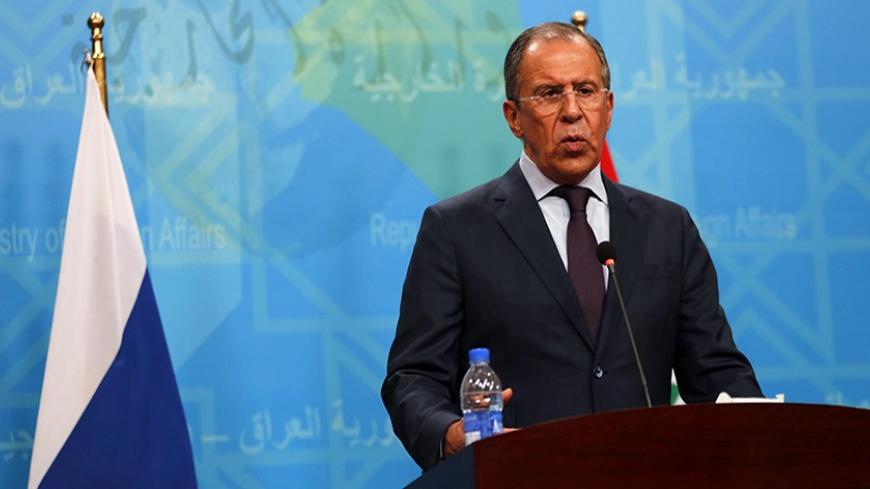Russia's recognition of the results of the Crimean referendum and the independence of the Republic of Crimea, and the subsequent acceptance of Crimea and the city of Sevastopol as new constituent entities of the Russian Federation, have elicited an extremely negative reaction in the West and led Washington and Brussels to announce sanctions against Moscow.
We can only hope that this tension will not have a negative effect on the extremely important cooperation between Russia and the West on the entire set of urgent problems of Afghanistan and the Middle East region. (It is sufficient to mention the problem of removing chemical weapons from Syria, Iran's nuclear program, resolving the Syrian crisis, the Middle East conflict, the situation in Yemen, etc.) However, there are already signs that this tension in relations between the leading global players is having an impact on their regional policies and on the behavior of the regional powers themselves.



